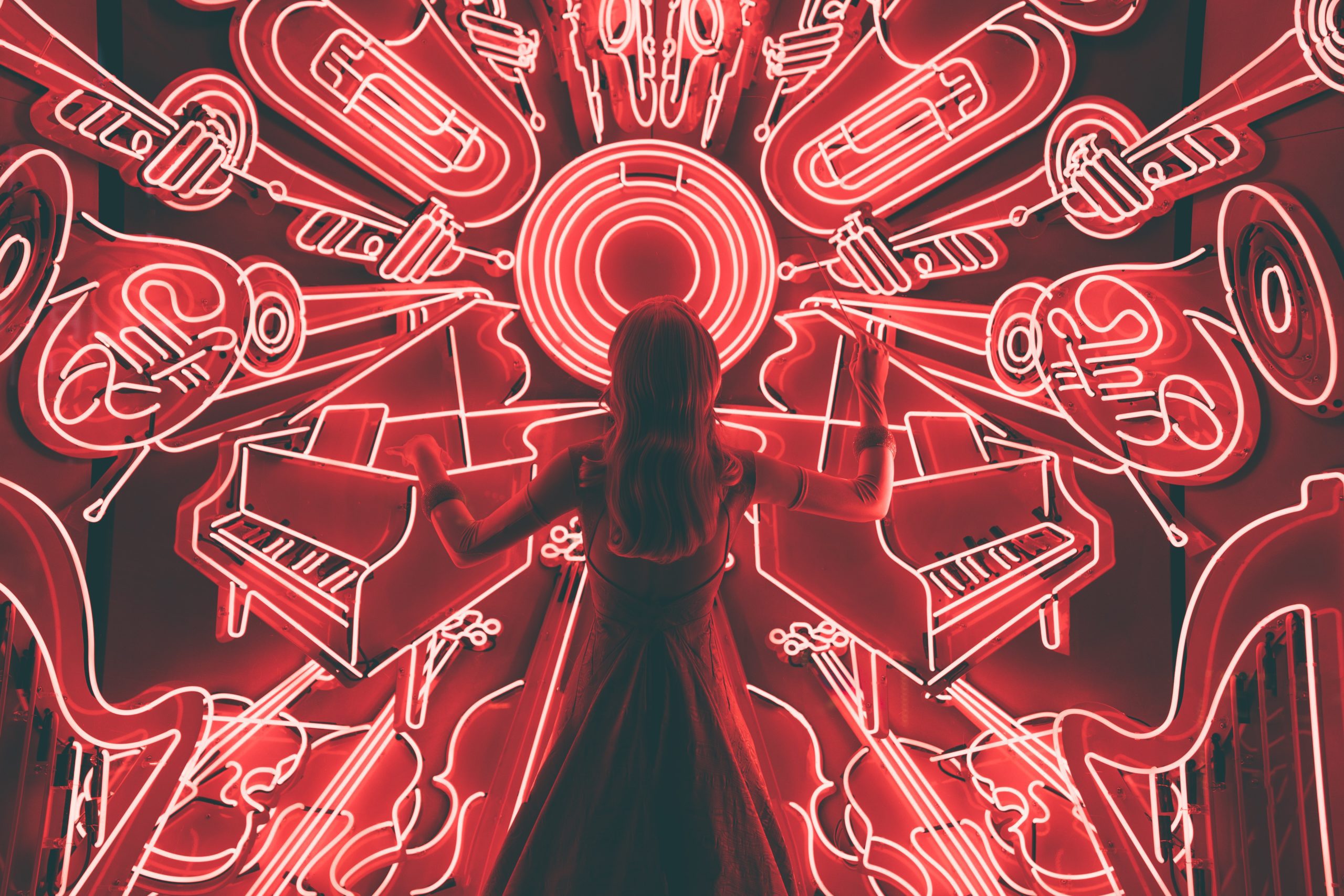Generation Black TV - Live
Old Music, New Devices: Generation Z’s Listening Habits
Old Music, New Devices: Generation Z’s Listening Habits
[simple-author-box]
The Communards, Wham!, Eurythmics, Nirvana… these are just a few of the 80s and 90s bands that Generation Z have revitalized popularity for in the last few decades. We have something of a small obsession with the 1990s, and the 80s are admired too. Whilst present day pop is still going strong (Cardi B, Arianna Grande, Lady Gaga, Selena Gomez, etc.), many younger listeners have turned back to a time before they were even born. The 80s especially, was a time of immense musical expansion in terms of genre and styles, as well as social attitudes that were reflected in the music. Hip hop was born in the 80s, and the lyrics spoke of anti-racism and freedom from systematic oppression. Without the 80s, the pop music of today would not exist.
Anyone born after the late 1980s (millennials included) gets to enjoy the versatility and vibrancy of musical freedom that exploded during the 80s and early 90s. The simple fact that parents often pass down their musical taste to their children also plays a part here; sometimes it sticks, and sometimes it doesn’t. Availability is another key reason here, and probably the most important. Music from all decades can be found with ease, using music streaming apps and devices. Spotify, a modern invention, can be used to stream rock and roll music from the 1950s, should the listener want to. Instead of taking the time to find and buy a CD from a music shop (or, if we want to take this even further back, purchasing a record or vinyl), listeners can now find any song they want, from any era, with the swipe of a finger and by inputting a few words. Free, quick, and easy. Gen Z are listening to a plethora of different music genres, styles, and periods on new and fast devices, shaking up what we consider to be “old” and “new” in a somewhat postmodern way, even if done unintentionally.
But our parent’s generations rebelled against the music of their parents, and Gen Z seem to be embracing it, if anything. Instead, I think Gen Z are rebelling against the repetitiveness and monotony of modern pop music. Whilst still definitely skillful, the production of modern pop follows the same rhythms, and each song contains similar lyrics. There is no doubt that pop is now a commodity and is highly manufactured with little originality. It sells so well because of its easy listening, as well as its accessibility. Pop music is played all day, every day, in stores and supermarkets. Although finding alternative music is much easier than it was, it still isn’t mainstream and therefore isn’t often played as background music. Gen Z is rebelling against that uniformity and reminiscing of a time where musical originality was at its peak.
Whether we’re fans of it or not, music streaming has completely changed the music industry, and the ways that musicians write songs. Music is now designed to jump straight into the first beat of the chorus, with minimal time for instrumental introductions that are likely to be skipped by the listener. Songs are also increasingly shorter, and this is due to advertisements and smaller streaming profits. Songs are now expected to be short, sharp, and sweet, else they are skipped or are found to be “boring”. The music of the 80s and 90s added a minute or two onto the length of today’s average pop song, instead, introducing interesting and musical introductions and instrumentals.
Music streaming services are also inexpensive and cheap, compared to the purchasing of a physical copy of music. Even if not free, a monthly subscription to Spotify is only £9.99, for all songs and playlists. Prior to streaming, music used to be much more expensive, both for the consumer and for the musician. Arguably, perhaps we were paying for a better quality and range of music compared to the pop of nowadays that is far cheaper and, in some cases, even free, but music streaming isn’t all bad. The focus of this article is Generation Z’s interest in older music and combining it with modern streaming habits. This mix of mediums, if you like, is a bricolage of musical and technological advancements, and something those of the past would probably never have dreamed of.
Is Gen Z’s peculiar listening habits a rebellion in of itself? Perhaps the act of reviving older music in a time of such social and political uncertainty and trauma is a way to get a message across that modern pop music tends to avoid. As internet babies, we grew up with the internet and social media – those are our “normal”, and sometimes, imagining life before they existed is difficult because of how all-consuming they have become. Our use of streaming services and apps is only “natural”, as much of culture has moved on from albums and vinyl, instead, opting for faster, cheaper methods of creating and uploading music.
Collectors of CDs and Vinyl records might argue that listening to music on a streaming app takes away the meaning and importance of the product. With streaming comes the ability to skip tracks, meaning that we only have to listen to the songs that we want to hear. With CD players, that was harder, and therefore, listeners had to hear the entire album to get a real feel of the music. Streaming services, however, don’t take the meaning out of music. We may be listening in new ways to those who came before us, but so did our parents, and our parent’s parents. The evolution of music is a natural one that came with industrialization and the birth of modern society. Music is still powerful, regardless of how it’s being listened to, and to doubt that is to doubt music itself


